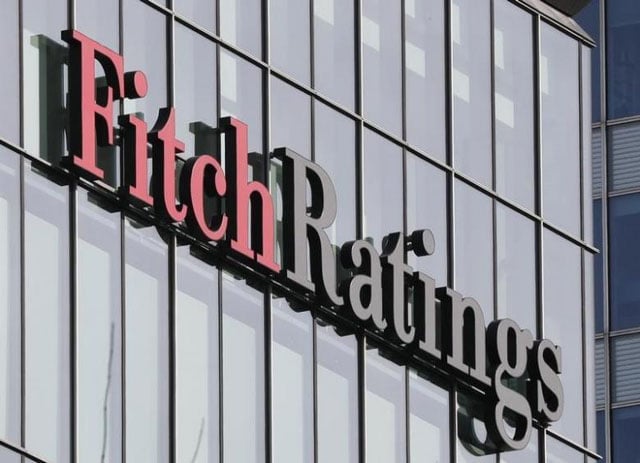[ad_1]
In its latest evaluation, US-based credit standing company Fitch Scores has chosen to affirm Pakistan’s Lengthy-Time period Overseas-Foreign money Issuer Default Ranking (IDR) at ‘CCC’.
Regardless of some enhancements and a profitable assessment of its Stand-by Association (SBA) with the Worldwide Financial Fund (IMF), Pakistan continues to grapple with excessive exterior funding dangers and faces challenges in coverage implementation and political stability.
“The ‘CCC’ score displays excessive exterior funding dangers amid excessive medium-term financing necessities, regardless of some stabilisation and Pakistan’s robust efficiency on its present Stand-by Association (SBA) with the Worldwide Financial Fund (IMF),” stated Fitch in an announcement launched on Wednesday.
“We count on elections to happen as scheduled in February and a follow-up IMF programme to be negotiated shortly after the SBA finishes in March 2024, however there may be nonetheless the chance of delays and uncertainty round Pakistan’s skill to do that,” acknowledged Fitch.
The credit standing company emphasised that elections may jeopardise latest reforms, posing dangers of renewed political volatility. Relating to the continuing IMF programme, Fitch anticipates unproblematic board approval for the latest staff-level settlement (SLA).
Fitch acknowledges the dangers associated to coverage implementation, citing a historical past of political events in Pakistan failing to implement or reverse reforms agreed with the IMF.
“We see a threat that the present consensus inside Pakistan on the measures needed to make sure continued funding may dissipate shortly as soon as financial and exterior situations enhance, though Pakistan now has fewer financing choices than previously.
“Any follow-up IMF programme would probably require Pakistan to undertake sweeping structural reforms in opposition to entrenched vested pursuits,” it stated.
Learn additionally: Fitch upgrades Pak credit standing by a notch
On the political entrance, the company expects common elections to happen as scheduled in February, foreseeing a coalition authorities alongside the strains of Shehbaz Sharif’s PDM authorities.
A notable optimistic growth has been the profitable November assessment of the nine-month SBA, signalling continued fiscal consolidation, power worth reforms, and a shift towards a extra market-driven alternate price regime.
The caretaker authorities, in workplace since August, has carried out further measures, together with substantial hikes in pure gasoline and electrical energy costs and a crackdown on the black market. These actions have helped slender the hole between parallel and interbank alternate charges, bringing extra international alternate into the banking system.
On the funding entrance, latest disbursements from the IMF, Saudi Arabia, and the UAE have offered some reduction. Nonetheless, the federal government’s formidable goal of securing $18 billion in exterior financing for FY24, towards almost $9 billion in authorities debt maturities, poses a substantial problem.
The present account deficit is predicted to enhance to about $2 billion (beneath 1% of GDP) in FY24, pushed by contractionary fiscal insurance policies, decrease commodity costs, and restricted international alternate availability. Regardless of an uptick in FX reserves, which stood at $12.7 billion in October 2023, challenges persist, with reserves nonetheless nicely beneath the height of $23 billion on the finish of 2021.
Fiscal deficits are projected to slender, benefiting from inflation, new income measures, and spending self-discipline. Nonetheless, additional fiscal consolidation stays difficult.
“However, debt/income (over 650%) and curiosity/income (about 60%) are far worse than that of friends, largely because of very low income/GDP,” it stated.
[ad_2]


